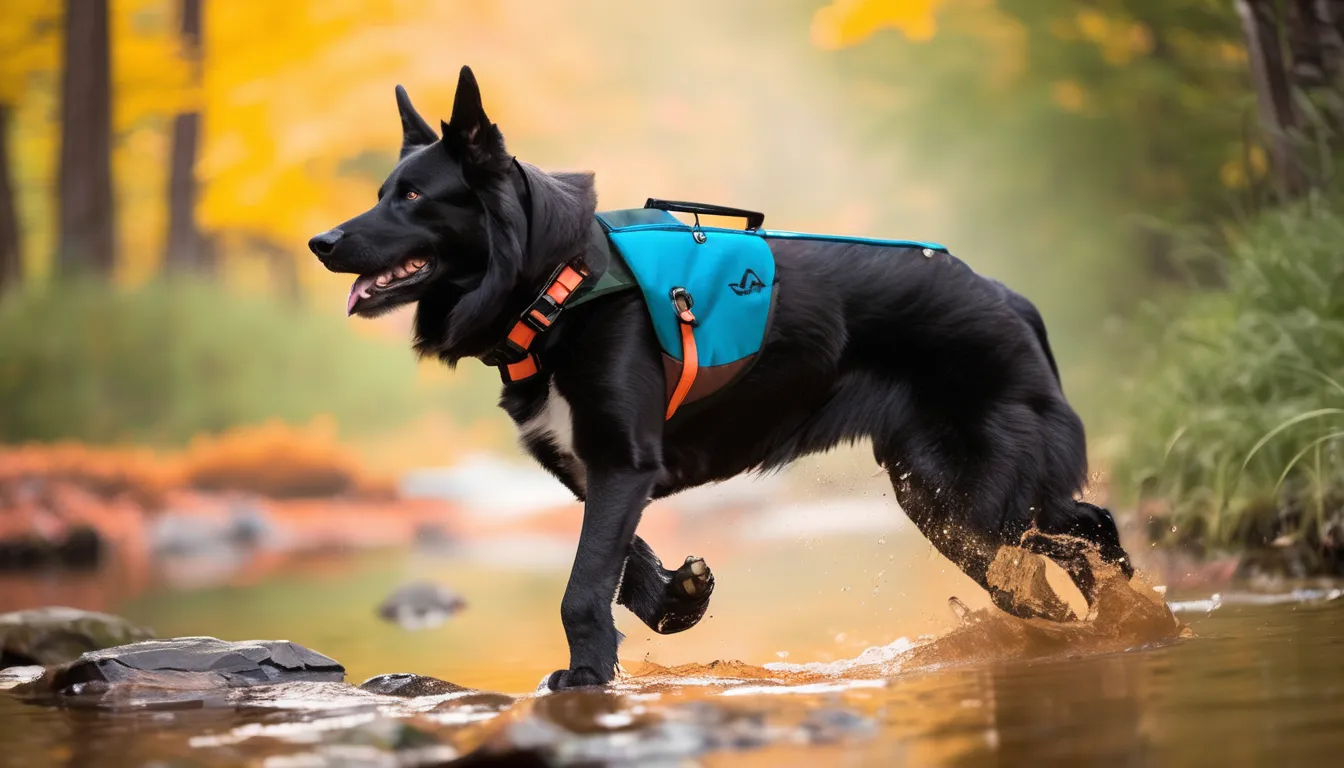Pet Care Tips And Tricks For Keeping Your Hairy Protagonist Sound
Pets are an whole part of many people’s lives. They provide fellowship, love, and infinite entertainment. However, along with the joy they bring up, pet possession also comes with significant responsibilities. As a pet proprietor, it is your duty to check that your hairy admirer receives the necessary care and care to live a well-chosen and sound life. Here are some requirement tips and tricks for pet care that every pet owner should know.
The first and most crucial vista of 貓癌症 is proper alimentation. Just like mankind, animals want a equal and alimentary diet to stay healthy. It is necessary to ply your pet with high-quality pet food that is proper for their specific age, breed, and size. Avoid eating your pet remit scraps or homo food, as it can swage their touchy digestive system of rules and lead to slant gain and other health issues. Consult your vet for recommendations on the best diet for your pet and observe their advice to insure your furred protagonist stays sound and fostered.
Along with a nutrient diet, habitue exercise is material for your pet’s natural science and mental well-being. Different types of pets have different work out needs, so it is probatory to empathise your pet’s needs and supply them with enough physical action. This not only helps keep your pet fit and healthy but also prevents behaviour problems that can rise from pent-up energy. Take your dog for walks, wage your cat in synergistic play, or find other fun ways to keep your pet animated.
Keeping your pet decently well-groomed is another necessity scene of pet care. Grooming will not only make your pet look and smell better but also prevent health issues such as tangled fur, skin infections, and wooded nails. The grooming needs of different types of pets vary, so consult your veterinarian or a professional person groomer for advice on how often your pet should be groomed and the specific tools and techniques to use.
Regular visits to the veterinary are material for your pet’s health. Your vet can observe and prevent wellness problems early on on and ply necessary vaccinations and preventive care. It is suggested to take your pet for a -up at least once a year, and more oftentimes for elder or inveterately ill pets. Also, be sure to keep up with your pet’s vaccination schedule to protect them from diseases.
Another essential aspect of pet care is maintaining specific hygienics. Just like human beings, pets can also get sick from to germs and bacterium. Keep your pet’s support space clean and regularly wash their bedding, toys, and food lawn bowling. Always wash your workforce after treatment your pet, and keep them away from possibly corrupting substances or environments. Pay attention to your pet’s oral wellness as well and regularly sweep their dentition and provide alveolar treats to prevent dental problems.
In plus to natural science care, it is also requirement to ply your pet with emotional and behavioural care. Spending timbre time with your pet, giving them attention and heart, and providing unhealthy stimulus can help prevent behavioural problems and tone your bond. If your pet displays any concerning behaviors, such as anxiety or hostility, look up a professional trainer or behaviourist for help.
Lastly, make sure to have proper recognition for your pet in case they ever get lost. Microchipping your pet and holding their recognition tags updated with your adjoin information can help you reunite with your haired booster if they thread off.
Pet care is a crucial responsibility that should not be taken lightly. By providing your pet with specific nutriment, work out, training, health chec care, hygienics, and love, you can see that your hirsute champion lives a felicitous and sound life. Remember, pets are not just animals; they are beloved members of our families, and they merit the very best care.

